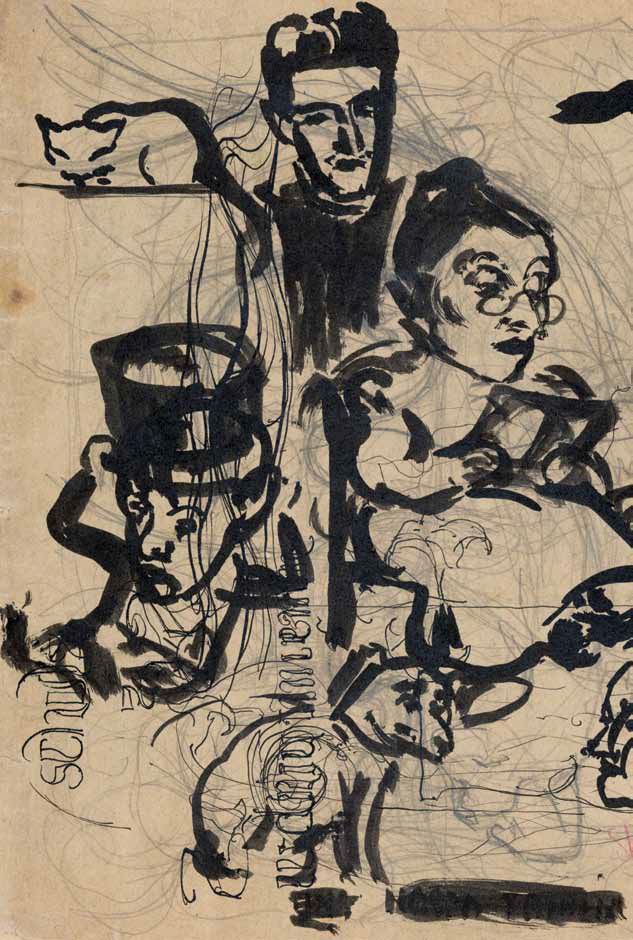„Nie ma materii martwej – martwota jest jedynie pozorem”. O ambiwalencjach Schulzowskiego materializmu
Abstrakt
The present essay is an attempt to consider the status of rubbish, debris, remains, cuttings, and scrap paper, so often to be found in Schulz’s fiction. Such apparently useless trash seem to be the main substance that organized Schulz’s reality. Sometimes it makes a significant substitute for more complex or sophisticated forms of the material world, on other occasions it point to the general condition of modern culture. In Schulz’s stories, waste is almost never just useless excess of ready-made forms, but very often it makes the main component of more complex structures – both strictly physical, material, and linguistic, whenever it inspires an imaginary search, triggers metaphors or provides a core around which the language of description can start growing. The formlessness and potentiality of such forms, just as the “porousness” or “plasticity” of matter as such, seduce the artist and tempt him to shape them, to make an epistemological and creative effort.

 Uniwersyteckie Czasopisma Naukowe
Uniwersyteckie Czasopisma Naukowe





